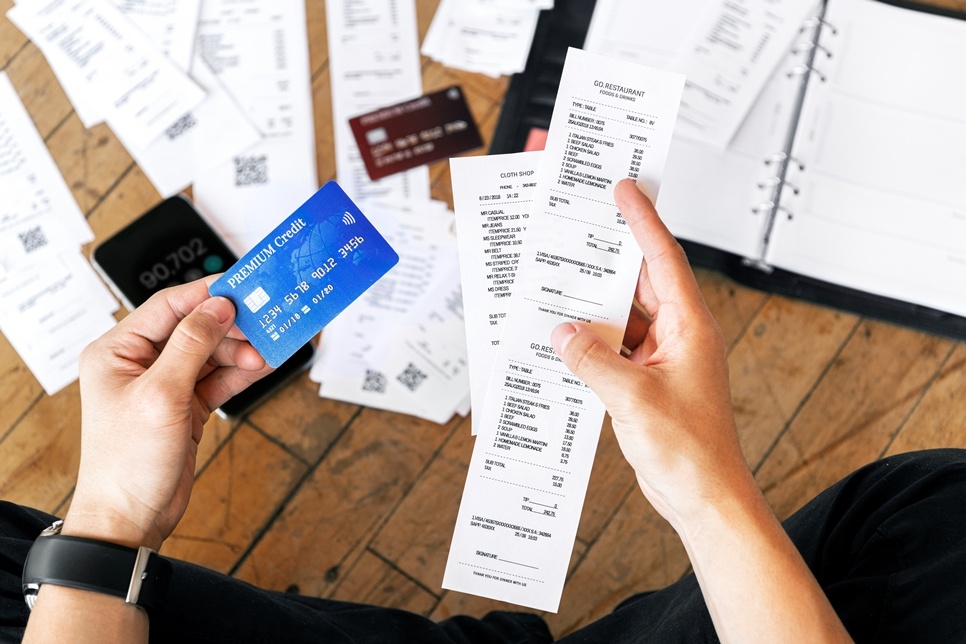Debt collection processes and procedures contain a number of stages and protocols, with each stage of the collection process carefully planned out and considered, where appropriate solutions are implemented to ensure the most successful outcome for you.
One such stage is a third-party debt order implemented when a customer fails to make court-ordered payments on a County Court Judgement (CCJ).
In this post, directroute.co.uk explores what a third-party debt order is, why you might opt for this collection method, and other considerations to bear in mind.
What is a third-party debt order?
If you have taken court action against a customer, they will have what is known as a CCJ. The CCJ will outline to the customer what they have to pay back and who they have to pay. However, there are rare occasions where a customer will not comply with the terms of the CCJ and not make the court ordered payments, hence you still don’t get paid.
In this situation, you, as the creditor, can make an application for a third-party debt order, previously known as a “garnishee order.”
When an application for a third-party debt order is made, the bank where the debtor has a confirmed account, will be asked to freeze any money held in the debtor’s account.
If the creditor is successful in their application the judge can then assign the frozen money to the creditor to pay off the outstanding debt.
Third-party debt orders can be applied to any outstanding debt, from outstanding payments on personal loans, overdrafts, and missed credit card payments (check out our recent post on “Credit card consolidation,”) making this order suitable for small debt recovery, allowing you to recoup costs and maintain a healthy cash flow and financial stability.
Debt order third party
Third-party debt orders follow a series of steps and stages, such as:
- The creditor contacts their local court requesting the application. An order can be made against a person or organisation/institution and can be made without notice.
- Fees are applicable; however, these can be included in the outstanding debt (the debtor’s owing amount) and is non-refundable even if the application is unsuccessful.
- The third party (bank) must provide, within seven days of receiving the order from the court, an account number, information relating to if the account is in credit (is there enough in the account to cover the amount being claimed), the account balance at the time if it does not cover the amount being claimed, and information regarding if the bank can hold back some of the credit balance to offset debit balances. Creditors can request that an account be frozen on an exact date to ensure funds are available. Access to joint accounts can only be granted if both parties’ names are on the order and the account.
- Once the accounts are checked against the individual, the debtor’s account will be frozen. It is the order of the court that enforces the freeze of money in the individual/company account, and the money in the account is frozen before the debtor is informed about the order. The freeze of funds will not be applied to any money paid into the account after receiving the court order.
- The court informs the debtor, sending an N349 form (interim third-party debt order) that the money in their account at the time of the application is frozen, and it’s important to note that only the CCJ amount and additional fees are frozen.
- The interim third-party debt order will provide full details and information for the debtor, giving them 28 days’ notice to attend a local county court hearing.
- During the hearing, a judge will decide whether to proceed with a final third-party debt order.
- If the court agrees with you, the creditor, the bank will release the money owed (and frozen) directly to the creditor (you).
Points to note for the debtor
Once the freeze is applied to your account, all money paid into the account after this date can still be accessed. However, if frozen money is required for what is deemed as essential living costs, you, as the debtor, can make an application to the court for a payment order under hardship. There is a fee for this; however, depending on individual circumstances, this can be waived.
If the hardship payment order is granted, some of the frozen money can be released to cover living costs.
Avoiding your creditors is not the solution, and it is vital that you make debt repayments to avoid legal action and debt enforcement measures being taken against you, which results in you incurring further charges.
Small Debt Recovery
As commercial debt specialists, we use our expertise and debt collection knowledge to help businesses collect outstanding and overdue invoices. We understand the importance of healthy cash flow, and we know how detrimental late payments can be to the financial stability of any business.
That’s why we tailor our collection solutions to your individual requirements, supporting businesses with debt collection, court applications, and third-party debt orders.
To learn more, contact us today and see how we can help you.
